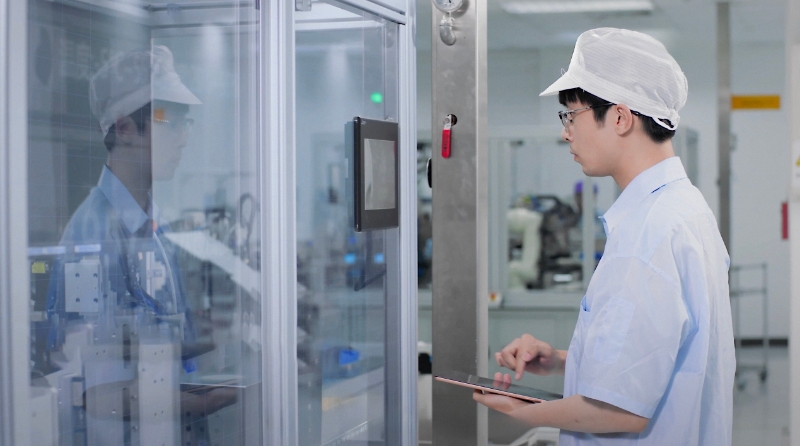Logitech focuses on innovation to grow China market


Logitech International SA has pursued innovation and automation upgrades at its Suzhou manufacturing base in Jiangsu province, as the Swiss consumer electronics maker seeks to harness China's booming gaming market and resilient supply chain, according to a senior executive.
As China is one of Logitech's major markets by sales and the world's biggest gaming arena, its performance has become an important driver of the group's global financial results. Quin Liu, chief commercial officer of the Lausanne, Switzerland-headquartered company, said Logitech intends to strengthen partnerships with leading Chinese tech platforms to sharpen its competitiveness in both domestic and global markets.
Chinese consumers — particularly younger buyers — are among the most demanding in the world, setting trends and shaping global product development, said Liu.
"What we design and launch in China often sets the tone for our global portfolio," he added, noting that Logitech's latest gaming keyboard was developed in China to meet local preferences for speed, personalization and price-performance, before being rolled out internationally.
Such innovation comes as China's gaming industry expands rapidly, setting new benchmarks for scale and growth.
By the end of June, China had a record 679 million gamers. In the first half of the year, sales revenue on the domestic game market totaled 168 billion yuan ($23.45 billion), up 14.08 percent year-on-year, according to a report recently released by the China Audio-Video and Digital Publishing Association in Beijing.
Reflecting a strategy the company describes as "in China for China", Liu said collaboration with JD.com has become another key pillar of Logitech's expansion.
The company has co-developed products with platforms such as JD.com and extended cooperation to Tencent, Baidu and China Mobile in areas ranging from gaming to video conferencing.
Liu said Logitech will continue to invest in China to advance automation capacity, strengthen research and development in new products and processes, and continue to evolve its go-to-market capabilities.
"Most of our products for buyers outside the US are made in Suzhou and elsewhere in China," he said, adding China's industrial ecosystem has evolved into an innovation hub, enabling multinationals to tap local talent and deepen partnerships.
Foreign-invested companies recorded foreign trade value of 7.46 trillion yuan in the first seven months of 2025, up 2.6 percent year-on-year and accounting for 29 percent of China's total trade. Meanwhile, their exports reached 4.1 trillion yuan, an increase of 4.9 percent year-on-year, data from the General Administration of Customs showed.




































